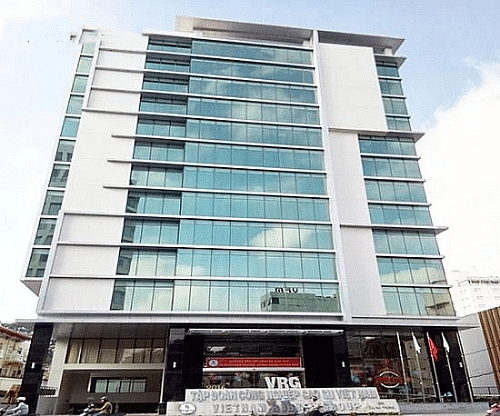VRG’s IPO fails to bring investors to the yard
 |
| VRG will conducted the IPO on February 2, 2018 |
As many as 499 investors have registered to buy approximately 101 million VRG shares, equivalent to 21 per cent of the 475 million shares put on offer.
At the initial price, the total maximum proceeds that the state could acquire will be VND1.313 trillion ($57.85 million), much lower than the expected VND6.2 trillion ($273 million). Thus, VRG’s IPO is deemed as unsuccessful, despite of the company’s promising advantages, such as its massive land fund and improving profit margin.
The disinterest of investors at VRG’s IPO is in contrast with the two large IPOs earlier this year held by Binh Son Refining and Petrochemical Co., Ltd. (BSR) and PV Oil. PV Power’s record-breaking IPO just yesterday acquired VND6.99 trillion ($307.8 million) with the quantity of ordered share surpassing the offered volume.
Earlier, at the end of 2017, Becamex also staged an unsuccessful divestment where investors only registered to buy 6 per cent of the shares on offer.
According to VRG's approved equitisation plan, the company's post-equitisation charter capital is expected to be VND40 trillion ($1.76 billion), equivalent to 4 billion shares. Thus, VRG is capitalised at VND52 trillion ($2.3 billion), the largest Vietnamese company to be equitised so far.
VRG has a long history and owns the largest rubber land area in Vietnam. Focusing on natural rubber, VRG could expand exploration areas and increase the price of rubber, as well as break into the processed wood sector in order to improve its business results.
Based on the expectated average rubber price increase of 5 per cent in 2018, Bao Viet Securities JSC forecasts the average growth rate of revenue at 13 per cent and that of post-tax profit at 19 per cent for 2018-2022. The price of rubber makes up over 70 per cent of VRG’s profit, so that its fluctuation is a key risk for the company.
What the stars mean:
★ Poor ★ ★ Promising ★★★ Good ★★★★ Very good ★★★★★ Exceptional
Related Contents
Latest News
More News
- Pegasus Tech Ventures steps up Vietnam focus (February 05, 2026 | 17:25)
- The generics industry: unlocking new growth drivers (February 04, 2026 | 17:39)
- Vietnam ready to increase purchases of US goods (February 04, 2026 | 15:55)
- Steel industry faces challenges in 2026 (February 03, 2026 | 17:20)
- State corporations poised to drive 2026 growth (February 03, 2026 | 13:58)
- Why high-tech talent will define Vietnam’s growth (February 02, 2026 | 10:47)
- FMCG resilience amid varying storms (February 02, 2026 | 10:00)
- Customs reforms strengthen business confidence, support trade growth (February 01, 2026 | 08:20)
- Vietnam and US to launch sixth trade negotiation round (January 30, 2026 | 15:19)
- Digital publishing emerges as key growth driver in Vietnam (January 30, 2026 | 10:59)

 Tag:
Tag:

















 Mobile Version
Mobile Version